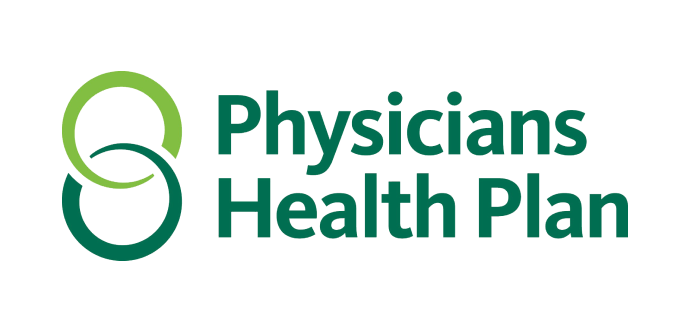![]() We are proud to work with most insurance companies, including:
We are proud to work with most insurance companies, including:
ACCREDITED CARE FOR SUBSTANCE USE DISORDERS
We are the bridge from hope to healing for anyone with alcohol and substance use disorders.
Our treatment philosophy is based on a comprehensive and integrated approach to addressing all issues related to substance use disorders and co-occurring mental health issues.
Addiction treatment at Bridges of Hope can guide you safely through withdrawal from drugs and alcohol and teach you important skills that help you achieve long-term recovery.
Client care is our highest priority and we offer our clients all-inclusive treatment services. Our ultimate goal is to identify the challenges, concerns and problems related to substance use and mental health disorders to provide professional clinical treatment to all our patients.

Inpatient Services

Medical Detox
Medical Detox manages the physical symptoms of withdrawal. This process helps the patient safely withdraw from substances with a reduced risk for complications.

Residential Program
Residential treatment programs are highly intensive. Patients receive a range of behavioral therapies aimed at changing maladaptive behaviors that contribute to substance use.

Co-Occurring Disorders
Medical Detox manages the physical symptoms of withdrawal. This process helps the patient safely withdraw from substances with a reduced risk for complications.

Family Services
Medical Detox manages the physical symptoms of withdrawal. This process helps the patient safely withdraw from substances with a reduced risk for complications.
Outpatient Services

Partial Hospitalization (PHP)
Our PHP program follows as a step down after completing our Residential Program. PHP continues to offer both the structural and supportive environment of our residential program, while clients are slowly reintegrated
back into everyday life. Coming soon!

Intensive Outpatient (IOP)
Work with clinical experts in addiction treatment in an individualized program that teaches you to manage life challenges on the road to sobriety.

Virtual IOP
Traditional programs are not possible for many people due to work or family commitments. Our V-IOP is a deep-dive treatment approach that focuses on identifying and healing the root of addiction issues.

We’re Here For You
Sometimes, talking over the phone is easier. We’re here to listen to your questions and help get you answers.
 Toll Free Call
Toll Free Call 100% Confidential
100% ConfidentialMeet The Staff
Meet the people that run Bridges of Hope
We bring decades of experience to help Indiana residents reach recovery from alcohol and drug use disorders. We invite you to learn more about the people behind our program and how our own individual journeys inform our work at Bridges of Hope.

Adrian Kozel
Owner
Our Blog
Most Recent Articles
A trusted resource for those seeking guidance and support on their journey to recovery. Explore insightful articles and expert advice as we delve into various addiction types, treatment approaches, and inspiring success stories.
Should You Go to Rehab Close to Home or Far Away?
Explore the pros and cons of going to rehab close to home versus far away to choose the environment that best supports your recovery.
How to Leave Work for Rehab Without Losing Your Job
Learn how to leave work for rehab without losing your job, including your legal rights, planning steps, and treatment options.
Questions to Ask When Calling a Rehab Center
Learn the most important questions to ask when calling a rehab center to find the right treatment program, understand costs, and make an informed recovery decision.


 Verify Insurance
Verify Insurance


















